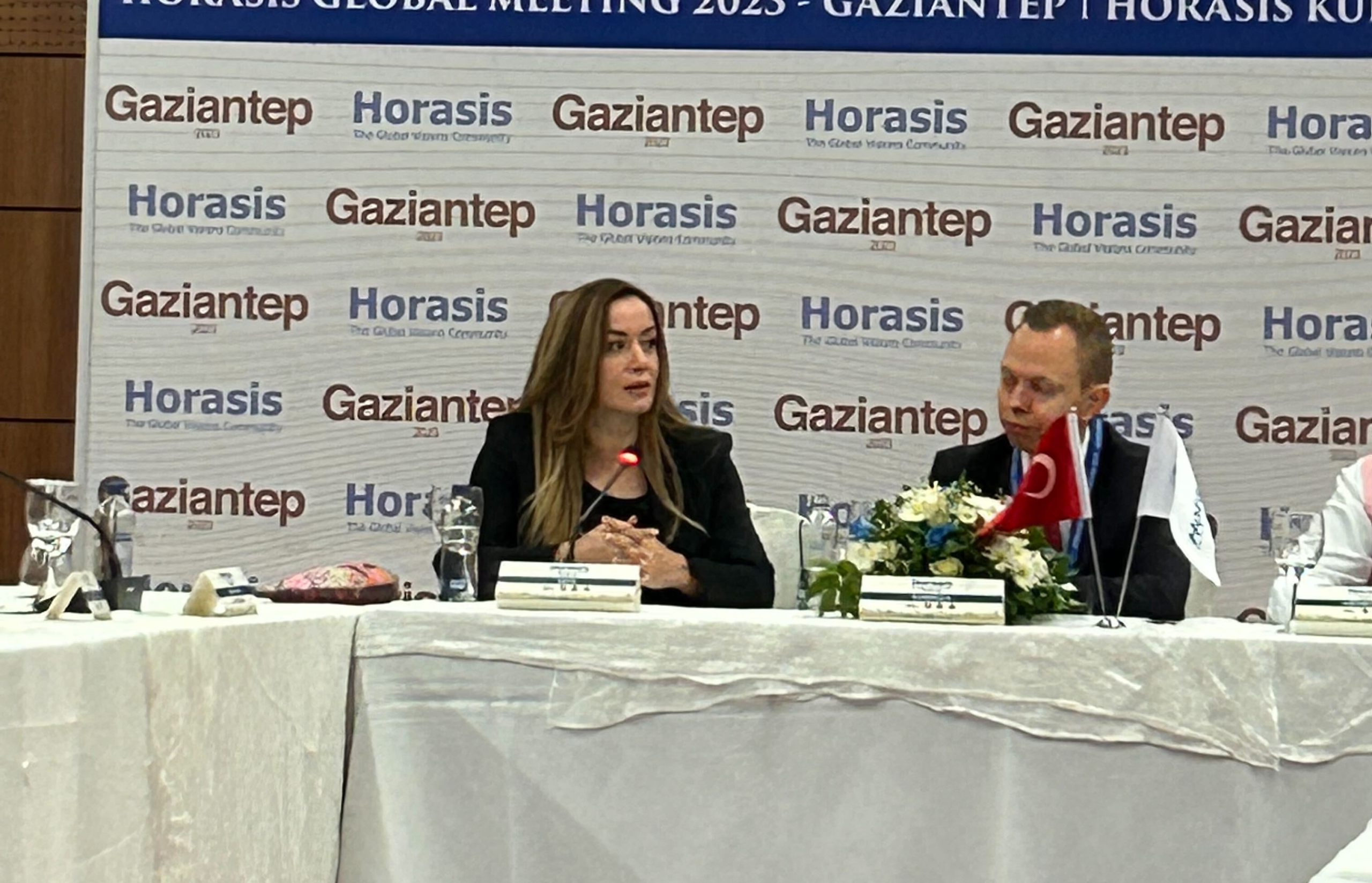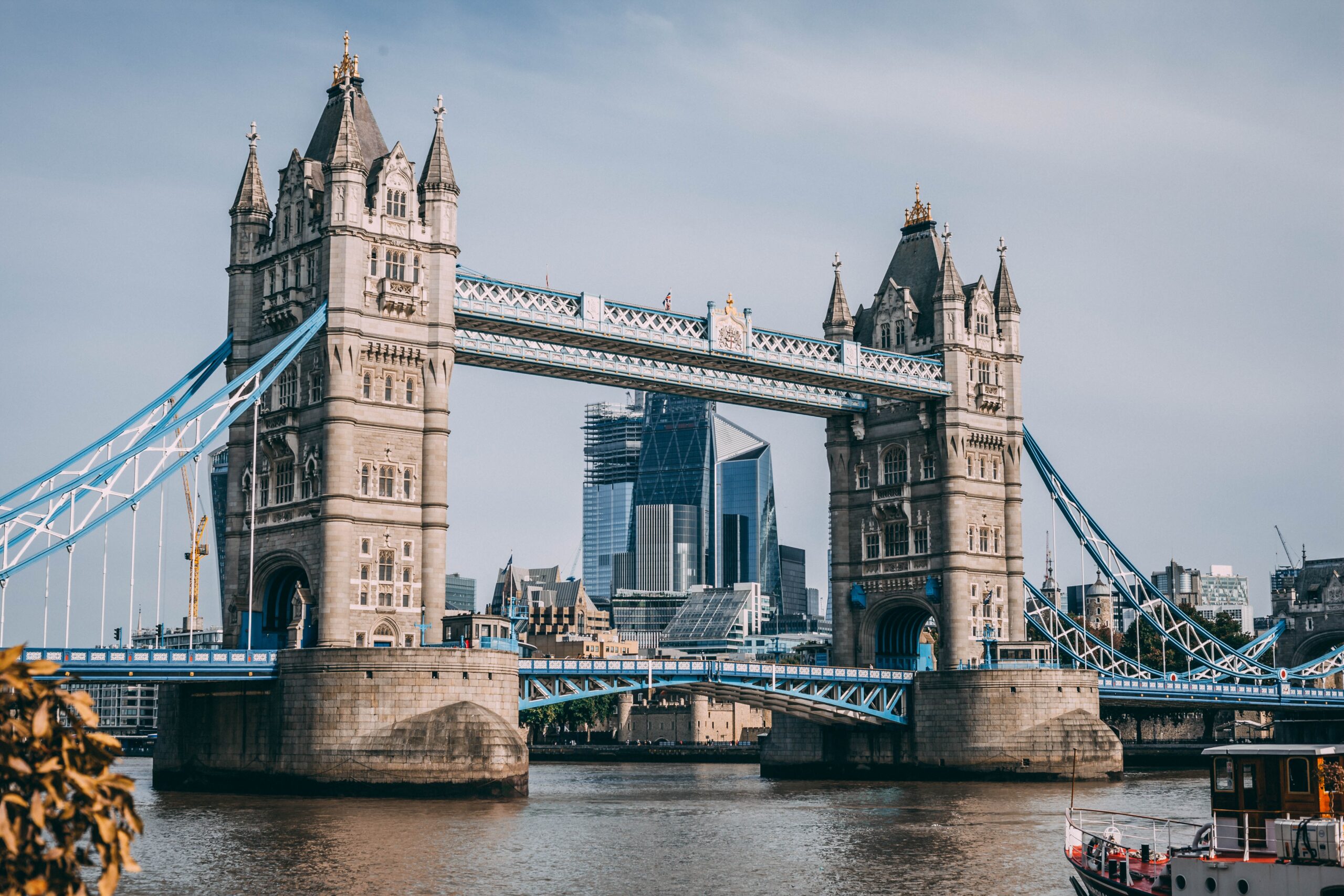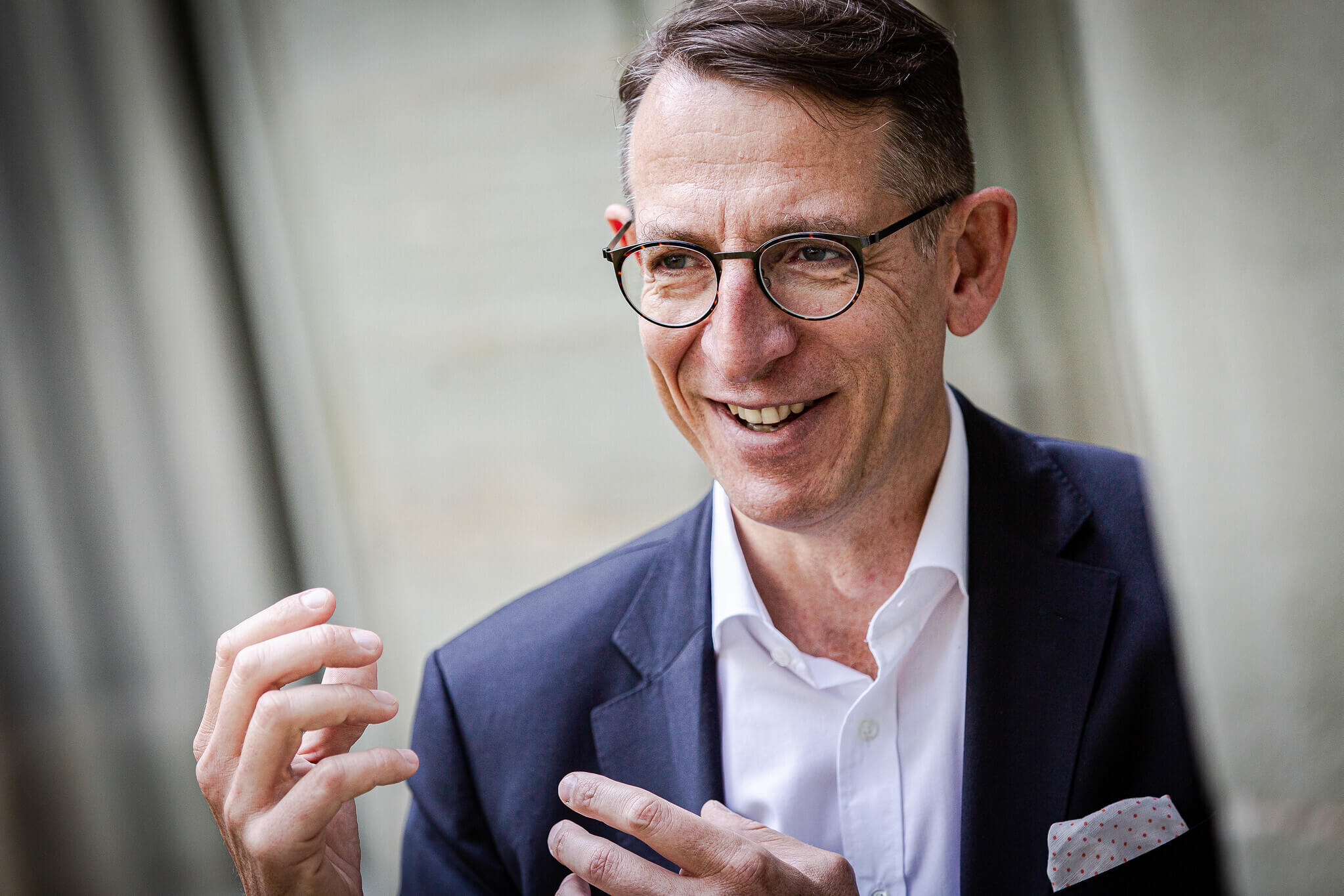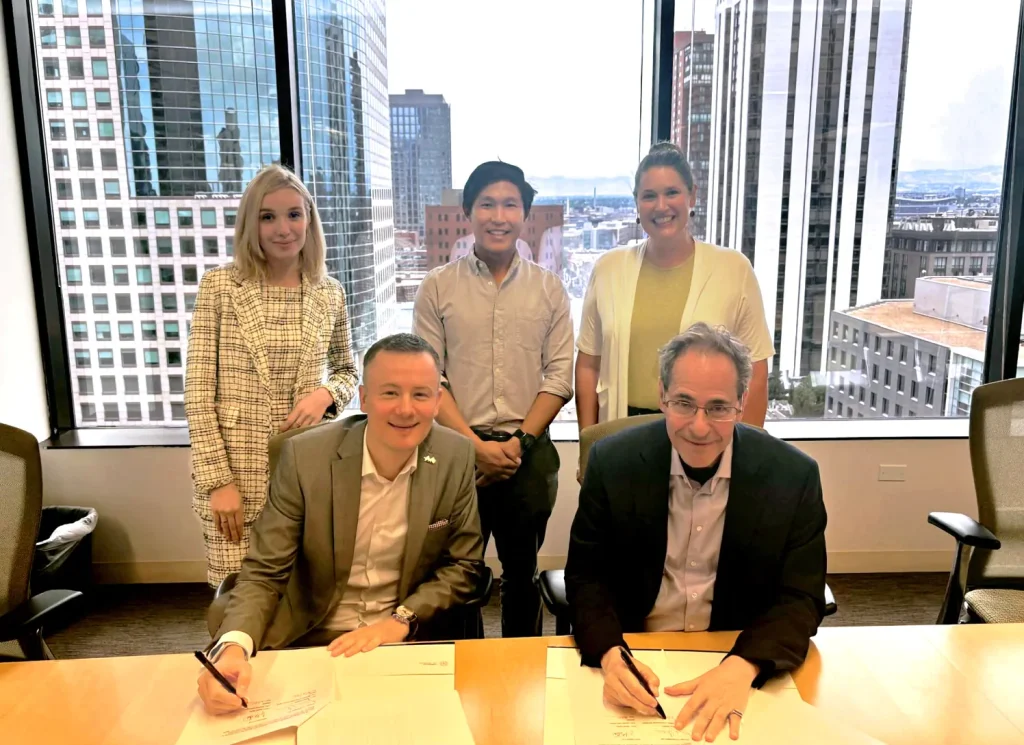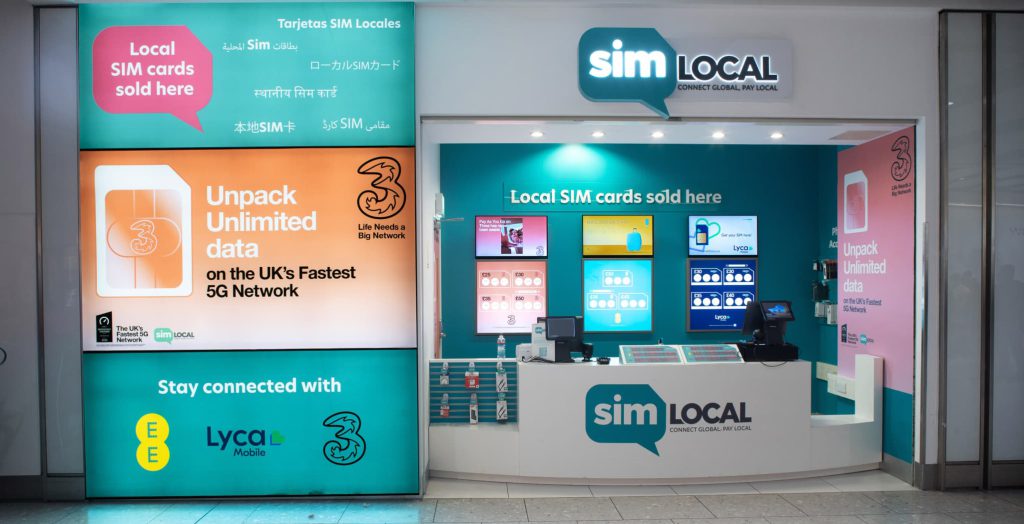Governments in low-income countries are spending more on education and support, however more funding is needed for children who receive the least.
The World Bank and UNESCO recently introduced a report with encouraging news: government spending on education in low-income countries as a percentage of GDP rose from 3.2 percent in 2018 to 3.6 percent in 2021. While still below the international benchmark of 4 percent of GDP, for the first time, government spending on education accounted for over half of all spending on education in these countries.
However, more needs to be done.
Despite calls for more support, the portion of international aid allocated has stagnated in recent years.
In fact, according to Senida Mesi today at Horasis Global Meeting, “Low income countries constitute 9% of the world population, but they receive only 1% of global investment spending.”
“Meanwhile, high income countries make up less than 16% yet receive more than 50% of global investment.”
Senida Mesi is an Albanian politician and served as the Deputy Prime Minister of Albania until of January 2019.
Horasis Global Meeting, held in Gaziantep of this year, brings together some of the world’s best known business leaders as well as government officials and representatives of international organizations.
Featured photo of Senida Mesi

